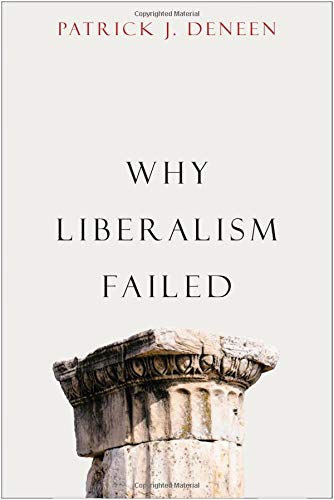
|
|
Product Description
From a leading authority on race and public policy, a deeply researched account of how families rise and fall today
Since the Great Recession, most Americans' standard of living has stagnated or declined. Economic inequality is at historic highs. But inequality's impact differs by race; African Americans' net wealth is just a tenth that of white Americans, and over recent decades, white families have accumulated wealth at three times the rate of black families. In our increasingly diverse nation, sociologist Thomas M. Shapiro argues, wealth disparities must be understood in tandem with racial inequities--a dangerous combination he terms "toxic inequality."
In Toxic Inequality, Shapiro reveals how these forces combine to trap families in place. Following nearly two hundred families of different races and income levels over a period of twelve years, Shapiro's research vividly documents the recession's toll on parents and children, the ways families use assets to manage crises and create opportunities, and the real reasons some families build wealth while others struggle in poverty. The structure of our neighborhoods, workplaces, and tax code-much more than individual choices-push some forward and hold others back. A lack of assets, far more common in families of color, can often ruin parents' careful plans for themselves and their children.
Toxic inequality may seem inexorable, but it is not inevitable. America's growing wealth gap and its yawning racial divide have been forged by history and preserved by policy, and only bold, race-conscious reforms can move us toward a more just society.
In Toxic Inequality, Shapiro reveals how these forces combine to trap families in place. Following nearly two hundred families of different races and income levels over a period of twelve years, Shapiro's research vividly documents the recession's toll on parents and children, the ways families use assets to manage crises and create opportunities, and the real reasons some families build wealth while others struggle in poverty. The structure of our neighborhoods, workplaces, and tax code-much more than individual choices-push some forward and hold others back. A lack of assets, far more common in families of color, can often ruin parents' careful plans for themselves and their children.
Toxic inequality may seem inexorable, but it is not inevitable. America's growing wealth gap and its yawning racial divide have been forged by history and preserved by policy, and only bold, race-conscious reforms can move us toward a more just society.
"Everyone concerned about the toxic effects of inequality must read this book."--Robert B. Reich
"This is one of the most thought-provoking books I have read on economic inequality in the US."--William Julius Wilson
Customers Who Bought This Item Also Bought
- Humanistic Approaches to Multiculturalism and Diversity: Perspectives on Existence and Difference
- Re-Visioning Family Therapy, Third Edition: Addressing Diversity in Clinical Practice
- Get a Financial Life: Personal Finance in Your Twenties and Thirties
- The Hidden Cost of Being African American: How Wealth Perpetuates Inequality
- With Justice for All: A Strategy For Community Development
- Addressing Cultural Complexities in Practice: Assessment, Diagnosis, and Therapy
- Unbanking of America
- Dream Hoarders: How the American Upper Middle Class Is Leaving Everyone Else in the Dust, Why That Is a Problem, and What to Do About It
- Empowerment Series: Human Behavior in the Macro Social Environment
- The New Jim Crow: Mass Incarceration in the Age of Colorblindness
*If this is not the "Toxic Inequality: How America's Wealth Gap Destroys Mobility, Deepens the Racial Divide, and Threate" product you were looking for, you can check the other results by clicking this link







